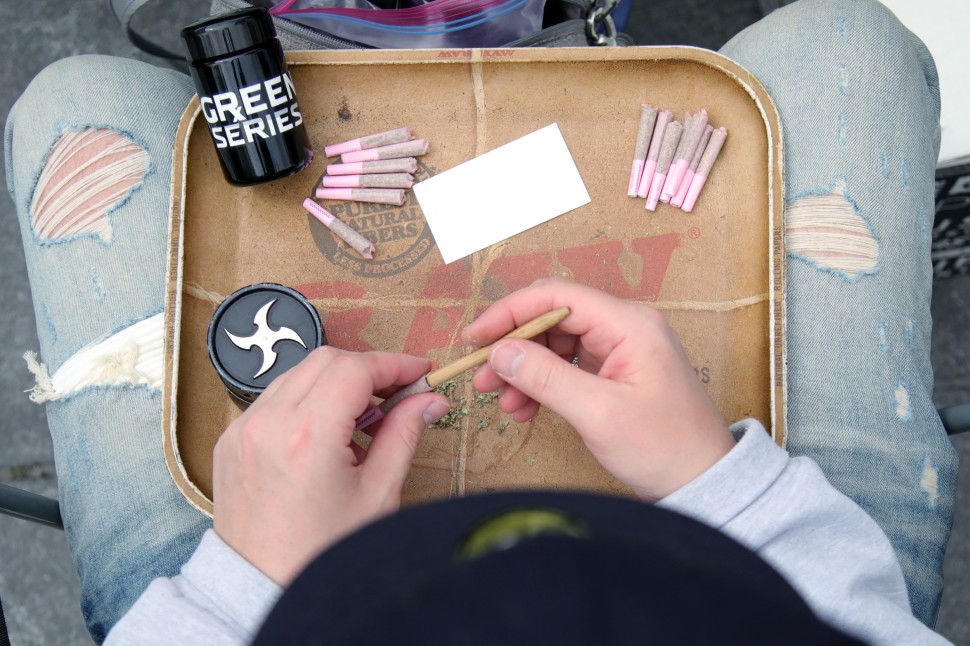
In the bustling heart of Mexico City, "Rafael," a 25-year-old chemistry student, is seeking to become a drug producer by making his own synthetic substances at home.
Choosing to remain anonymous for safety reasons, "Rafael," as he requested to be called in an interview with Milenio, transformed his small bedroom in the Narvarte neighborhood into an improvised laboratory.
Partly inspired by 'Breaking Bad,' the hit series where a chemistry teacher becomes a methamphetamine manufacturer, Rafael says he isn't in it for money or fame. Instead, his goal is to spark a conversation about full drug legalization and break the cartels' grip on these substances.
@thespacecowboy97 Satisfying how Jesse cooks for the cartel and reaches 96.2% #breakingbad #jesse #jessepinkman #cartel #gus #cook #thebluestuff
♬ Breaking Bad Main Theme - Geek Music
Amid pipettes, test tubes, and other basic tools, Rafael works in his modest lab.
Dressed simply, Rafael says he is combining science with activism. As a sixth-semester student at the Metropolitan Autonomous University (UAM), his technical knowledge has allowed him to develop this initiative, which he sees as much more than an act of rebellion.
"This isn't about making money or competing with cartels. It's about taking control of what I consume and refusing to support a system that perpetuates violence in our country," Rafael told Milenio.
The ideology behind the substances
Unlike Walter White, the protagonist of 'Breaking Bad,' who sought money to secure his family's future, Rafael says his aim is ideological. He wants to demonstrate that current drug policies are failing. For him, legalization would not only reduce violence but also offer a more humane approach to drug consumption.
In the interview, he referenced Canadian professor Bruce Alexander's famous rat addiction experiment, saying, "When rats have access to food, companionship, and entertainment, they don't become addicted. The same goes for humans—it's not the substance, it's the context."
Activism born from scientific curiosity
Rafael's relationship with drugs didn't begin with consumption but with academic curiosity. At 11, he learned about pro-cannabis marches in other countries, sparking his interest in the topic.
By 13, he had his first experience with psychotropic substances, which deepened his fascination with the chemistry behind them.
Over time, this curiosity evolved into conscious activism, fueled by his formal education and his desire to change society's perception of drugs.
A challenge to the system
Although his production is minimal and strictly for personal use, Rafael acknowledges that his decision is a political statement. By producing his own drugs, he claims to avoid contributing to the system that allows cartels and pharmaceutical giants to control supply.
"This is an act of resistance, not business," Rafael clarifies. His story underscores the need to explore alternative approaches to drug management, particularly in a country where drug-related violence has claimed countless lives.
Originally published on Latin Times




